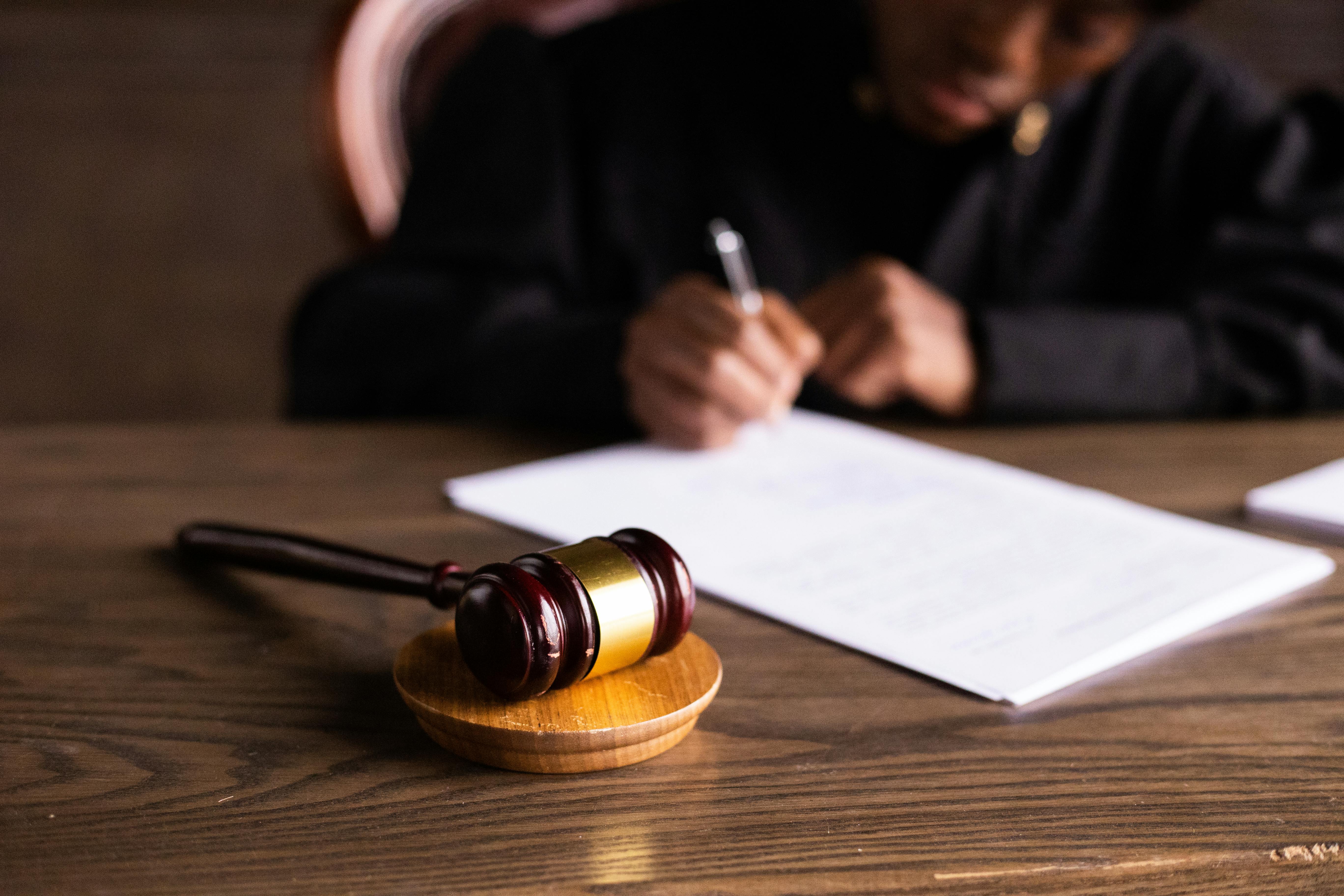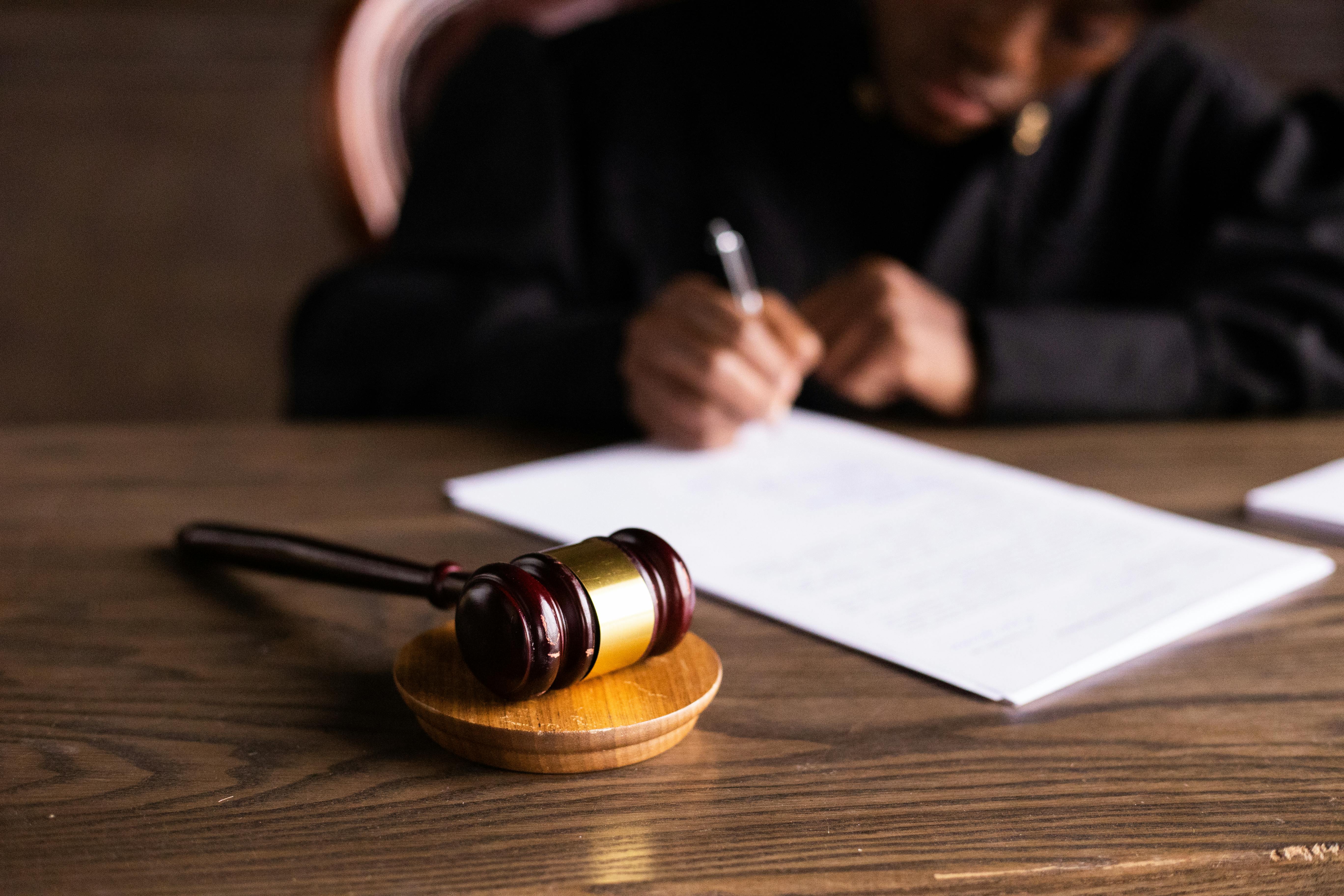Probate is a legal process that occurs after someone passes away. It involves the validation and distribution of their assets, settling outstanding debts, and ensuring that their wishes, as outlined in their will, are carried out. In the United Kingdom, navigating the probate process is a crucial step in managing a deceased person's estate. This blog aims to shed light on what probate is and how it works.


In this blog, we'll explore:
- What probate means legally
- The typical probate process
- The Probate Registry
- What happens when there is no legal will
The definition of probate is the legal process of administering a deceased person's estate, which includes their property, money, and possessions. It is the legal acknowledgment and approval of a deceased person's will. Once the validity of the deceased's will has been accepted an executor is appointed to handle the distribution of assets.
Applying for Probate
The probate process typically begins with the submission of the deceased person's will to the Probate Registry, along with the necessary application forms.
Before probate is granted, the executor must provide an estimate of the estate's value. This involves assessing the deceased person's assets, such as property, bank accounts, investments, and personal belongings. A professional valuation may be required for certain assets.
The Probate Registry
Once the Probate Registry is satisfied with the application, it issues a Grant of Probate. This document confirms the executor's authority to administer the estate and manage the deceased person's affairs.
As mentioned above the executor is the person named in the will to carry out the deceased's wishes. Their responsibilities include applying for probate, gathering and valuing the estate, paying any outstanding debts or taxes, and distributing the remaining assets to beneficiaries. You can find out more about the appointing and being an executor here: The Key Duties of An Executor
Settling Debts and Distribution of Assets
Before distributing assets to beneficiaries, the executor must settle any outstanding debts, including funeral expenses, taxes, and other liabilities. This ensures that the estate is clear of financial obligations. Once debts are settled, the executor can distribute the remaining assets to the beneficiaries according to the terms outlined in the will. In cases of intestacy, distribution follows the rules of intestacy outlined by law.
When no legal will exists
A person who dies without leaving a legal will is called an intestate person. Only married or civil partners and close relatives can inherit under the rules of intestacy. If there is no will, the process follows the rules of intestacy, and an administrator is appointed to handle the estate. You can find out more about who is able to inherit under the rules of intestacy on the Gov.uk website.
Probate in the UK is a structured legal process designed to ensure the orderly distribution of a deceased person's estate. Executors play a pivotal role in navigating this process, from applying for probate to settling debts and ultimately distributing assets to beneficiaries. While the probate process can seem complex, understanding its key components can help individuals and families manage the affairs of their loved ones with clarity and confidence.